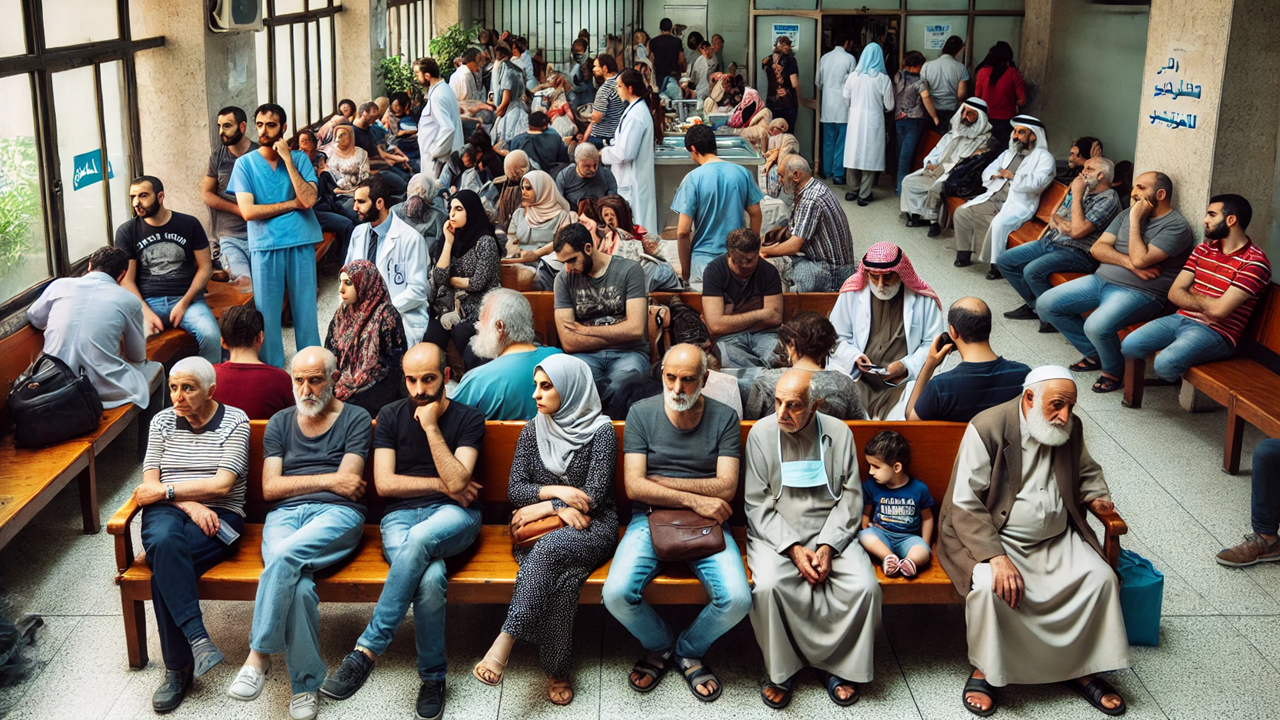UNICEF Warns of Growing Health Risks for Children as Bombardment Damages Services in Lebanon
Edouard Beigbeder, UNICEF’s representative in Lebanon, described the situation as "disastrous," particularly for children.

- Country:
- Lebanon
Children in Lebanon are facing increasing risks to their health and safety as ongoing bombardment disrupts essential services, warns UNICEF. The damage to water facilities, healthcare infrastructure, and schools has left families struggling to access basic necessities, with children at heightened risk of waterborne diseases like cholera, hepatitis, and diarrhoea.
So far, at least 28 water facilities have been damaged, affecting water supply for more than 360,000 people, particularly in southern Lebanon. However, the real extent of damage is likely higher, as some areas remain inaccessible due to conflict. Hospitals, schools, and emergency services have also been hit, with six hospitals out of service and five operating only partially.
Edouard Beigbeder, UNICEF’s representative in Lebanon, described the situation as "disastrous," particularly for children. He called for the protection of humanitarian personnel and essential service providers, urging adherence to international humanitarian law to safeguard civilian infrastructure.
The humanitarian crisis continues to deepen, with one million people in need of health, water, and sanitation services. Displacement has surged, with 400,000 children forced from their homes, often into unsafe conditions. In regions like Beirut and Mount Lebanon, communities are struggling to provide water, shelter, and essential supplies to the influx of displaced families.
The risks for children are particularly grave. Lack of access to safe water heightens the danger of diseases like cholera and diarrhoea, while overcrowded living conditions increase the spread of diseases such as scabies, lice, and respiratory infections as colder weather approaches. Many children remain without adequate shelter or hygiene supplies, compounding the risk.
Additionally, the disruption to daily life has led to a rise in protection issues for children, including family separations, injury, abuse, and child labour. Since early October, 67 unaccompanied children have been identified, with 65 reunited with their families.
UNICEF is calling for an immediate ceasefire to protect children and allow the safe delivery of humanitarian aid.
- READ MORE ON:
- UNICEF
- Children
- Edouard Beigbeder
- Lebanon
ALSO READ
UNICEF Sends Medical Supplies to Aid 2 Million People Amid Escalating Conflict in Lebanon
UNICEF Condemns Airstrikes in Sudan's North Darfur as 13 Children Killed and Multiple Civilians Injured
Sudan: ‘Children should be safe everywhere’, says UNICEF, as fears grow for El Fasher
Breaking the Silence: UNICEF Reports Alarming Global Child Sexual Violence Statistics
UNICEF Delivers 1.4 Million Cholera Vaccine Doses to Sudan Amidst Worsening Outbreaks










